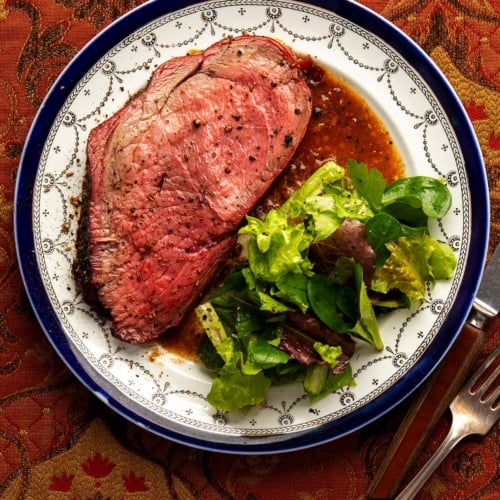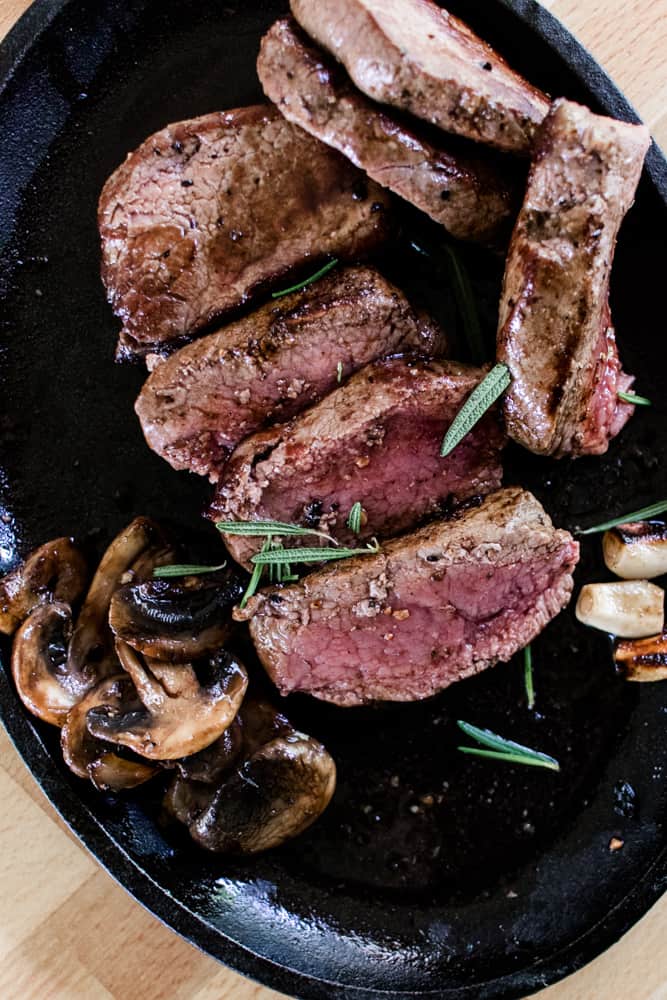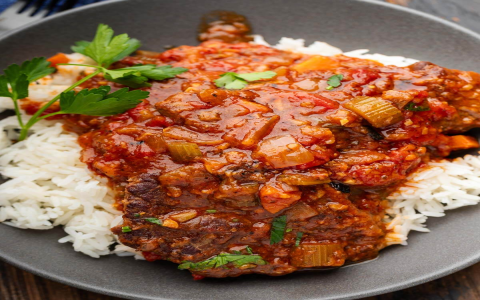Alright, so elk round steak. Let me tell you, for the longest time, I kind of dreaded getting round steak from an elk. It’s lean, which is good, I guess, but man, it can turn into shoe leather faster than you can say “overcooked.” I’ve had my share of tough elk meals, believe me. My jaw would be sore for a day. My wife, bless her heart, would smile and chew, but I knew. I knew.
My First Few Disasters
I remember this one time, years ago, I just threw it on the grill like a beef steak. Big mistake. Huge. We ended up cutting it into tiny pieces and even then, it was a workout. Another time, I tried to pan-fry it quick. Still tough. I was about ready to give up and just grind all the round steak for burgers or sausage. Seemed like the only safe bet. It felt like a waste, though. Such beautiful meat, and I was just butchering it, not in the good way.

But you know, I’m stubborn. And I love elk. So I figured, there’s gotta be a way. I started reading, asking around, mostly just tinkering in the kitchen. It became a bit of a mission. My kids would see me with elk round steak on the counter and they’d groan, “Oh no, Dad’s experimenting again!” Yeah, thanks for the vote of confidence, guys.
The Breakthrough: Low and Slow, with a Little Help
So, here’s what I’ve landed on after a lot of trial and, let’s be honest, a lot of error. It’s not one single “recipe” but more a method that seems to work wonders for me. And it’s not fancy. I don’t do fancy.
First thing: The Marinade. This is key.
I don’t get too complicated here. What I usually do is grab a zip-top bag and throw the steak in. Then I add stuff like:
- Some kind of oil – olive oil, avocado oil, whatever’s handy. Helps keep it from drying out.
- An acid – this is super important for tenderizing. I like red wine vinegar, or sometimes just lemon juice. Balsamic works too, gives it a nice flavor.
- Soy sauce or Worcestershire sauce – for that umami, savory kick.
- Garlic – fresh minced if I have it, powder if I’m lazy. Lots of it.
- Onion powder, black pepper, maybe some smoked paprika or a pinch of chili flakes if I’m feeling spicy.
I just eyeball the amounts. Enough to coat the steak well. Then I squish it all around, get the air out of the bag, and stick it in the fridge. Minimum four hours. Honestly, overnight is even better. I’ve gone a full 24 hours and it’s been great. That acid really needs time to work its magic on those tough fibers.
Cooking Day: Patience is Your Friend
When it’s go-time, I take the steak out of the fridge about an hour before I plan to cook it. Let it come to room temperature. This helps it cook more evenly, I think. I pat it dry with paper towels. You want a good sear, and a wet steak just steams.
Now, for the actual cooking, I’ve had the best luck with a two-step process: sear then braise, or a slow cook.

Option 1: Sear and Braise (My usual go-to)
- Get a heavy pan, like cast iron, screaming hot. Add a little oil.
- Sear that steak, maybe 2-3 minutes per side. You want a nice brown crust. Don’t overcrowd the pan if you have multiple pieces. Work in batches. This isn’t the cooking part, this is the flavor-building part.
- Once it’s seared, I take the steak out and set it aside. Then I’ll deglaze the pan. Maybe throw in some sliced onions or mushrooms, cook ‘em down. Then add some liquid – beef broth, a bit of red wine, even just water. Scrape up all those tasty brown bits from the bottom of the pan. That’s pure gold.
- Put the steak back in, make sure the liquid comes up about halfway on the steak. Bring it to a simmer, then cover it, and turn the heat way down low. Or, you can pop the whole pan (if it’s oven-safe) into a low oven, like 300-325°F.
- And then you wait. For at least an hour, maybe two, or even three for a thicker cut. It’s done when it’s fork-tender. You should be able to shred it easily.
Option 2: Slow Cooker (The “set it and forget it” for busy days)
This is pretty much the same idea, but even easier.
- I still like to sear the steak first for flavor, but if I’m really in a rush, I’ve skipped it. It’s better with the sear, though.
- Put the (seared) steak in the slow cooker.
- Add your liquid – broth, maybe a can of diced tomatoes, some onions, carrots, celery if you want to make it a whole meal. Whatever braising liquid you like.
- Cook it on low for 6-8 hours, or high for 3-4. Again, until it’s super tender.
The Result? No More Shoe Leather!
When it’s done, I usually shred the meat with two forks. It’s amazing for sandwiches, tacos, over mashed potatoes or rice, or just eating straight out of the pot (don’t tell my wife). The key is that long, slow, moist cooking after marinating. It completely transforms that tough round steak into something delicious.
It took me a while to get here, a lot of chewy dinners. But now? Elk round steak doesn’t scare me anymore. In fact, I kind of look forward to it. It’s a good reminder that sometimes the less glamorous cuts just need a little more love and patience. And a good, long soak in something tasty.












